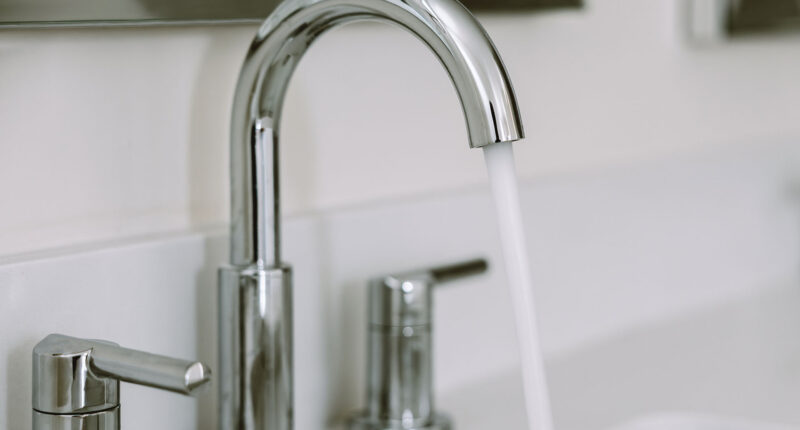A WOMAN has died after she got infected with brain-eating amoeba by using tap water, health officials say.
She’d been using the water to try to get some relief from a condition when the deadly bacteria invaded her brain.


The woman, 71, reportedly used the water to rinse her sinuses at a campground.
The water was contaminated with Naegleria fowleri.
According to a report published May 29 in the Morbidity and Mortality Weekly Report, the previously healthy woman quickly developed severe symptoms.
She suffered a fever, headache, and confusion four days after using a nasal rinse filled with tap water.
She reportedly used the water multiple times while staying at a Texas campground.
Despite treatment, she began having seizures and died eight days after the symptoms began.
Lab tests confirmed the presence of Naegleria fowleri in her spinal fluid.
An investigation found she had no recent exposure to lakes or rivers – only the RV’s water system.
Authorities mentioned that the water originated from two potential sources: either a city water supply connected through a hose and filter, or a built-in water tank that was filled before the individual purchased the vehicle.
The single-celled organism is rare but almost always deadly if it enters your nose.
From there, it travels to the brain and causes a severe infection, according to the CDC.
Despite her death, the Texas Department of State Health Services insisted local water is safe to drink.
But using tap water for nasal rinsing is another matter entirely, experts say.
“According to reports, the adult individual habitually used unboiled tap water for nasal rinsing, which is believed to have caused the infection,” stated the CDC to Fox local affiliate KDFW.
Naegleria fowleri is commonly found in warm freshwater lakes and rivers.
It can also live in untreated or stagnant tap water, especially in warm climates.
Almost 97% of people who contract the amoeba die, even with treatment.
Between 1962 and 2022, the CDC confirmed 157 cases in the US.
Texas saw 39 cases, making it one of the hardest-hit states.
Fatalities have also been reported in Florida.
Brain Eating Amoeba
What is it?
Naegleria fowleri – a rare, deadly amoeba that causes a brain infection called primary amebic meningoencephalitis (PAM).
Where it’s found:
- Warm freshwater lakes, rivers, ponds, and hot springs
- Soil and poorly maintained pools
- Tap water and splash pads (rare cases)
How it infects:
- Water goes up the nose – not by drinking
- Amoeba travels to brain and destroys tissue
- Nearly always fatal
Symptoms appear in 1–12 days:
- Headache
- Fever
- Nausea, vomiting
- Stiff neck
- Confusion, hallucinations
- Loss of balance
- Coma, death
Death can occur in 5 days.
Most patients die within 1–18 days after symptoms begin.
US Cases:
- 164 total from 1962 to 2023
- Only 4 survivors
Risks increase during:
- Hot weather
- Low water levels
- Swimming/diving in freshwater
How to stay safe:
- Use boiled or distilled water for nasal rinsing
- Hold nose or wear clips when jumping into fresh water
- Avoid disturbing sediment in shallow areas
- Don’t submerge your head in hot springs or untreated water
Source: CDC
In 2023, a Florida woman died after also using tap water to rinse her nose, the New York Post reported.
Symptoms usually begin about 15 days after exposure, experts say.
They start with a mild fever, headache, and nausea then escalate quickly.
Confusion, balance issues, seizures, and coma often follow.
To avoid exposure, experts recommend using only boiled or distilled water for nasal rinsing.
They also warn against dunking your head underwater in bathtubs or freshwater.
Letting stagnant water flush out after returning from a trip is another CDC recommendation.
















